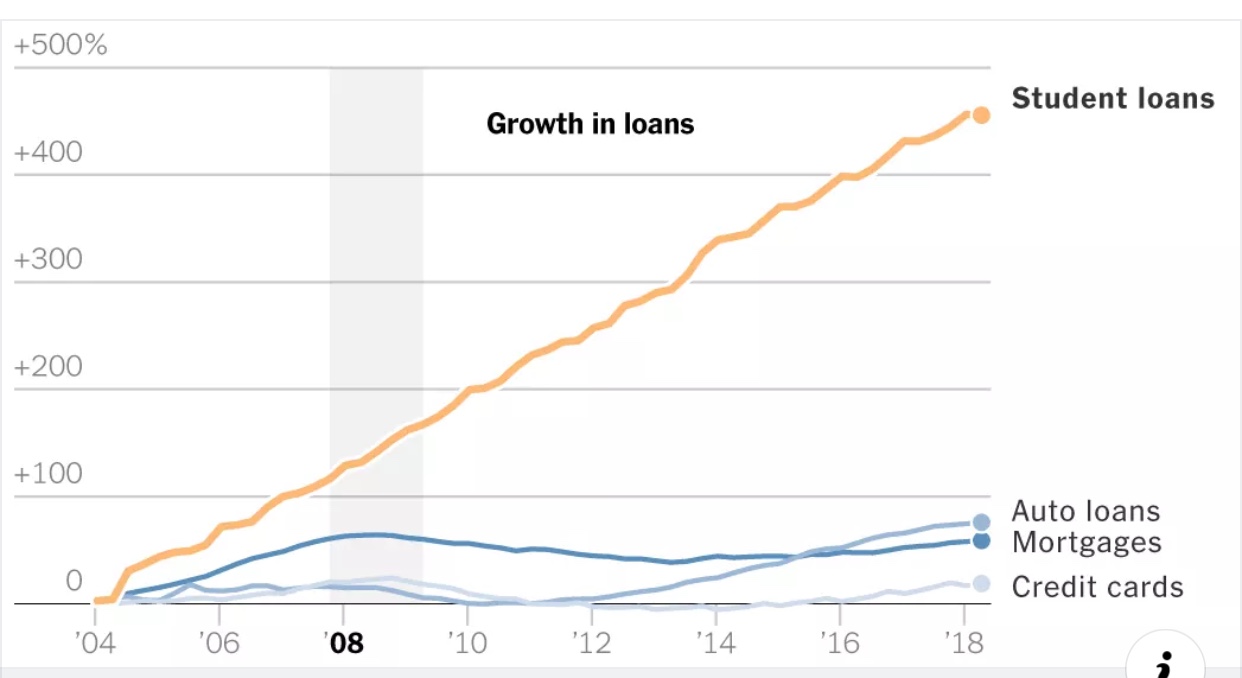 I’m still seeing a ton of misinformation out there. A perfect example of this is someone who consulted with us yesterday and granted us permission to tell her story to hep others.
I’m still seeing a ton of misinformation out there. A perfect example of this is someone who consulted with us yesterday and granted us permission to tell her story to hep others.
First, this client, we’ll call her Debbie, is a retired teacher who had $73,000 in Parent Plus loans. She was told two different (what I can only say were lies at this point). First, her servicer told her that if she didn’t pay her Parent Plus loans, her son would be responsible for them. Not true.
Second, even though she was a teacher, she was told that she would not qualify for Public Service Loan Forgiveness. While this may have been technically true under her former loan types, the servicer conveniently omitted the fact she could consolidate and apply for ICR in order to qualify for PSLF. Omissions are usually seen as another form of a lie. The borrower is left with the false impression that nothing can be done and they are stuck. Keep in mind that the Public Service Loan Forgiveness Program was created specifically to encourage people to obtain degrees, often expensive Masters’ degrees, and go into the lower paid education field.
 Absolutely yes. But admittedly, the bar is pretty low for the creditor pre-litigation to satisfy their obligation.
Absolutely yes. But admittedly, the bar is pretty low for the creditor pre-litigation to satisfy their obligation. Reboot Your Life: Tampa Student Loan and Bankruptcy Attorney Blog
Reboot Your Life: Tampa Student Loan and Bankruptcy Attorney Blog









